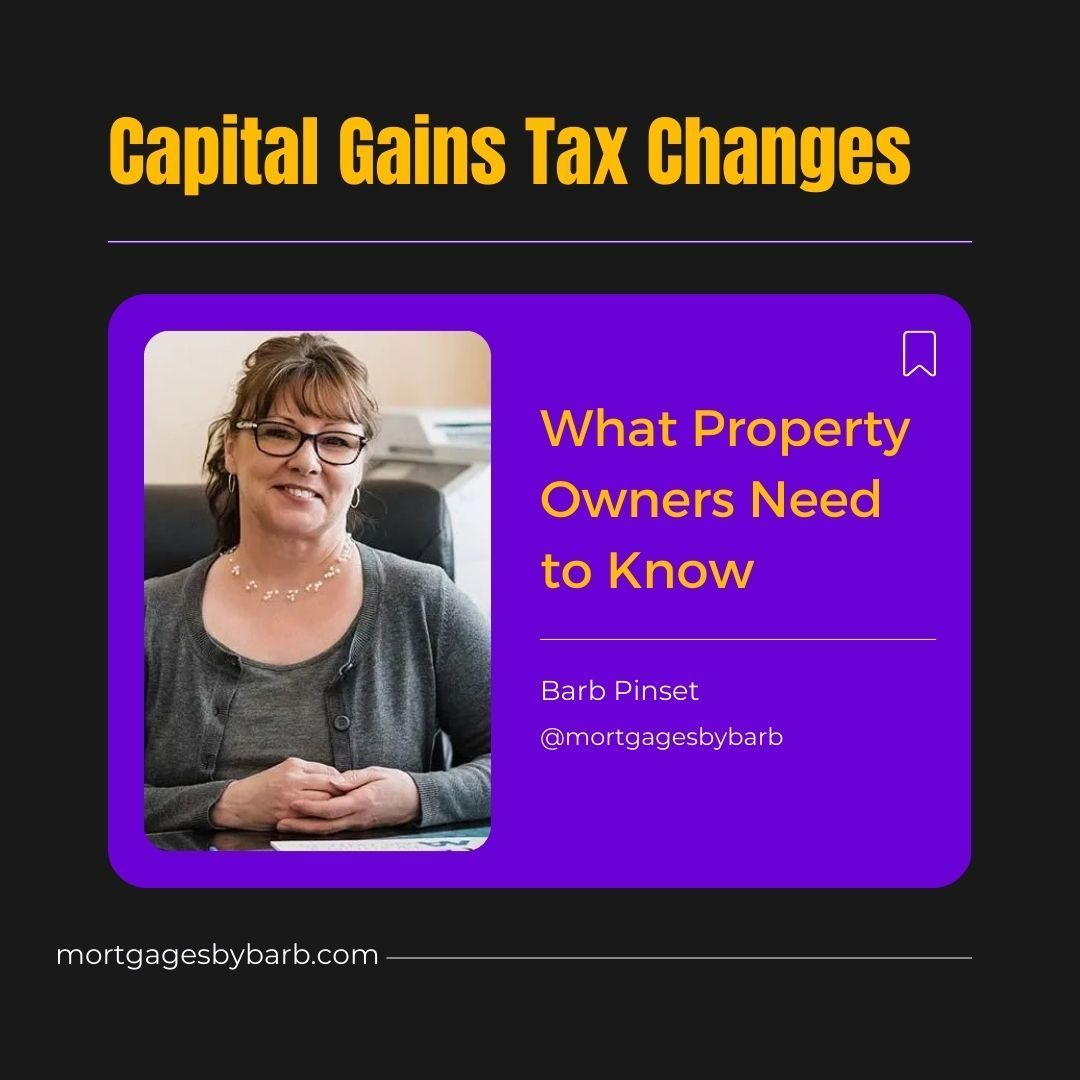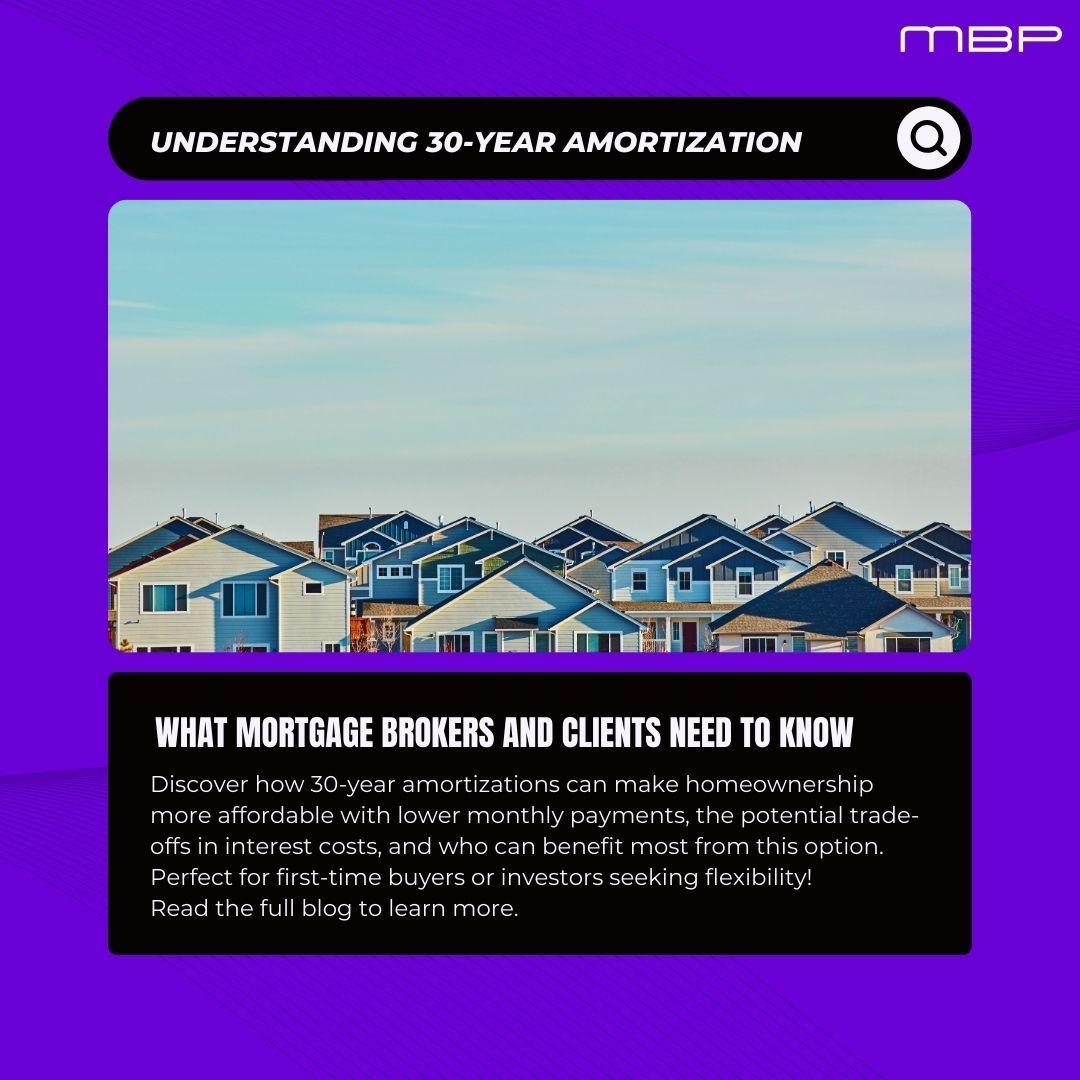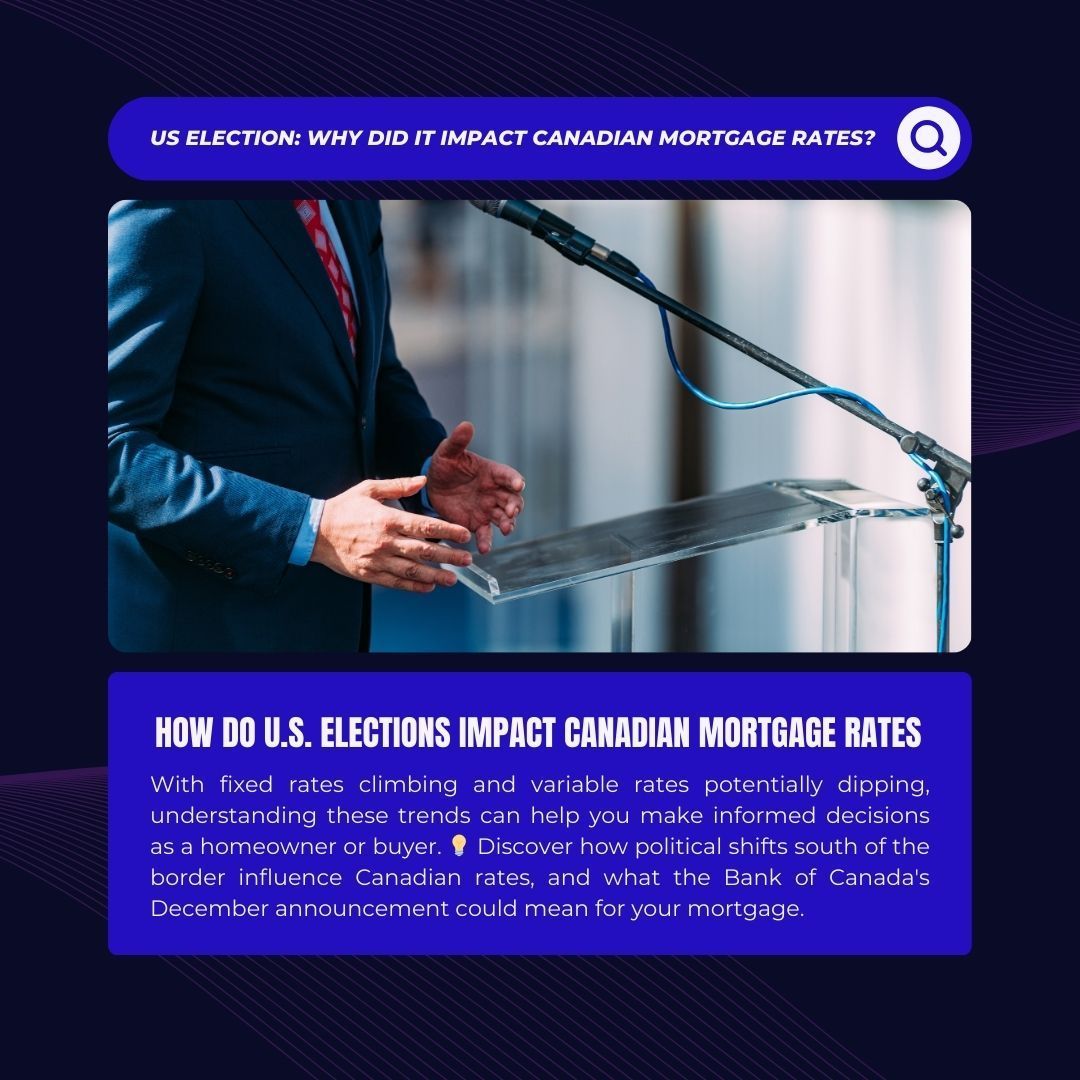Buying a Home with Friends and Family
Introduction:
In today's real estate landscape, more people are turning to joint homeownership as a solution to rising prices and interest rates. This involves teaming up with friends or family members to buy a home together. While it sounds appealing, it's crucial to approach this decision with careful thought and planning to ensure a positive experience.

Choosing Your Co-Owners:
Deciding who to buy a home with is key. Consider not only financial factors but also your relationship dynamics and shared goals. While teaming up with close friends or family can be tempting, make sure you're on the same page about homeownership.
Defining Ownership Structure:
Next, establish a clear ownership structure. Decide how ownership shares will be divided, based on contributions or other criteria. Clearly outlining this in a legal agreement can prevent conflicts later on.
A Growing Trend Amoung Canadians:
The data, sourced from
Real Estate Magazine, reveals insights from a Leger survey of 501 Canadian homeowners who co-own their properties with someone other than their spouse. Among this group, 89% opt for family members as co-owners, 7% share ownership with friends, and 8% co-own with individuals outside their immediate circle.

Living Arrangements and Duration:
If you plan to live together, set ground rules early on. Discuss living arrangements, responsibilities, and how long you'll stay together. This ensures everyone's expectations are clear.

Financial Contributions and Home Maintenance:
Beyond the initial purchase, decide how ongoing costs and maintenance will be handled. This includes mortgage payments, taxes, repairs, and utilities. Establish a fair system to manage these expenses and prepare for unexpected costs as they arise.
Buyout Options and Investment Considerations:
As circumstances change, you may need a buyout process in place. This allows one co-owner to exit the arrangement smoothly. Alternatively, you could keep the property as an investment for renting or selling later. Either way, make sure to discuss this early on in the process, to ensure everyone is on the same page about the end goal.

Seeking Professional Guidance:
Consulting legal and financial experts is crucial. A lawyer can draft a solid co-ownership agreement, while a mortgage broker can help structure the financing. Their expertise ensures everything is set up correctly.
In addition to ensuring the process goes smoothly for all parties, as a professional Mortgage Expert, I prioritize your privacy. I will ensure that your financial information remains confidential and is only shared with other applicants purchasing the home if you choose to do so. Your preferences regarding the level of information sharing will be respected throughout the purchase process.

Conclusion:
Joint home ownership offers a way for more people to achieve their dream of owning a home. But it's something to take your time with. Careful planning is key from choosing trustworthy co-buyers to defining ownership agreements and seeking professional help. By taking these steps, you can enjoy the benefits of shared homeownership while minimizing potential pitfalls.








All Rights Reserved | The Mortgage Centre - Elite | Privacy Policy
Website produced by Evolv Digital Marketing Inc.


